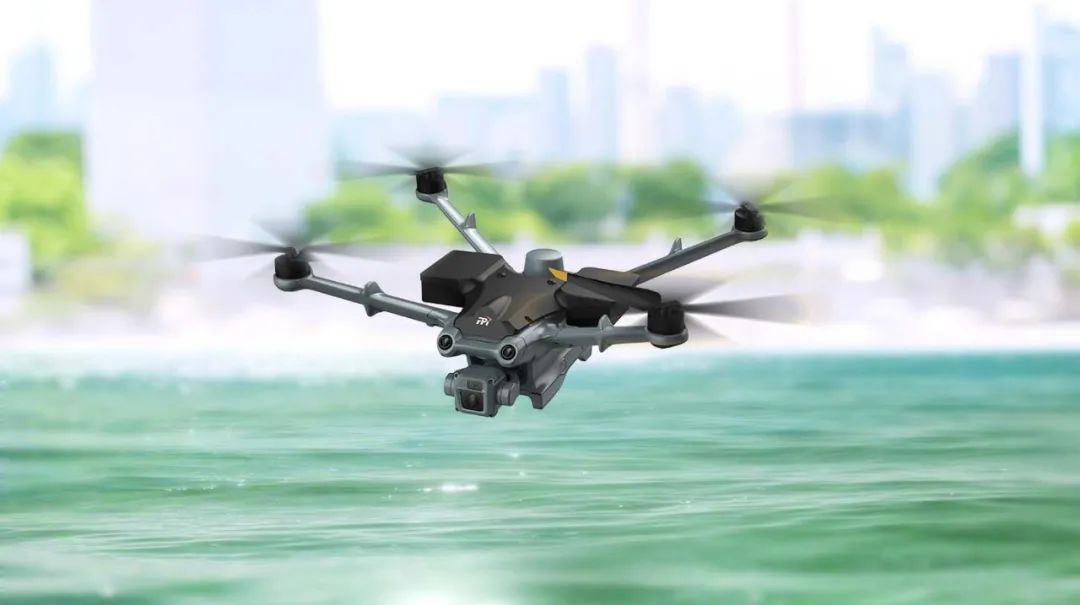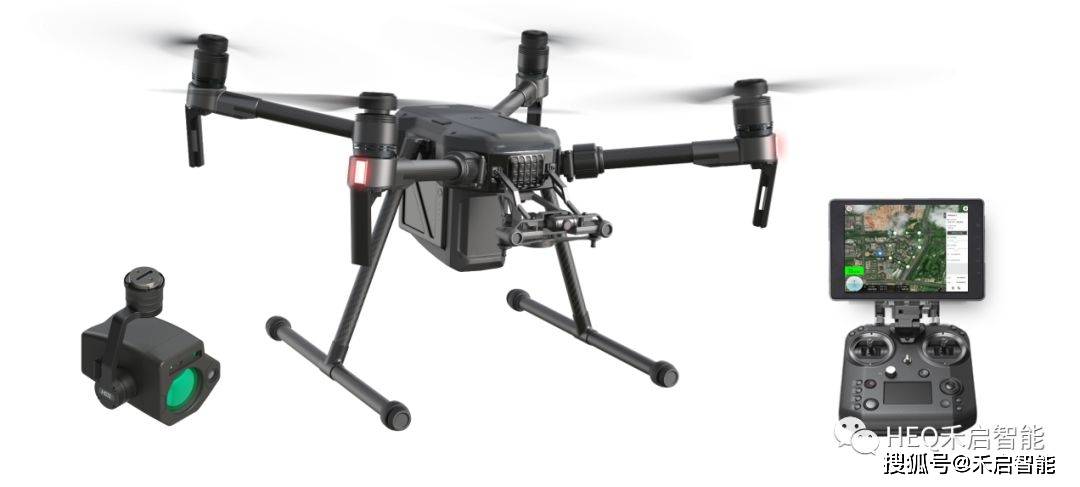As drones become increasingly prevalent in our skies, questions often arise regarding their legal implications, especially the controversial topic of whether it’s permissible to shoot them down. The answer is multifaceted and depends on a variety of legal considerations, from property rights to airspace regulations.
Understanding Airspace Regulations
At the heart of this issue is the fact that airspace is regulated by federal law in many countries, including the United States. The Federal Aviation Administration (FAA) governs the airspace over the U.S., and legally, property owners do not have unlimited control over the airspace above their land. This legal framework means that shooting down a drone, even if it’s flying over private property, could be considered a federal crime.
Property Rights vs. Airspace Rights
The conflict often arises between the rights of property owners and drone operators. While property owners may feel their privacy is being invaded, drone operators may argue that they are not technically trespassing if their drones are within allowed airspaces. In many jurisdictions, land ownership extends only so far above the ground, typically to a height used for traditional purposes.
Drone operators are generally granted permission to use airspace that is unattainable by typical landowners, causing legal gray areas and disputes. Discharging firearms at drones could lead to charges of destruction of property and potential civil lawsuits for damages.
Potential Criminal Charges
Taking aim at a drone can lead to serious repercussions. The most straightforward consequence is a charge of criminal mischief or destruction of property. These charges often result from state laws prohibiting interference with aircraft, including drones. Given that drones are categorized as aircraft, damaging one intentionally may lead to imprisonment or hefty fines.
Protection of Privacy
Still, many homeowners feel less concerned over legality and more anxious about privacy and security. This raises important discussions around what protections, if any, property owners have against perceived nuisances or privacy invasions by drones.
Many have advocated for clearer laws that protect personal privacy and restrict unnecessary drone intrusions. Until such laws are enacted, the best approach may be proactive communication and reporting suspicious drone activities to legal authorities rather than taking the law into one’s own hands.
Civil Remedies
Beyond criminal repercussions, shooting down a drone could prompt civil lawsuits from the drone owners. Compensation for damages, loss of drone use, and legal fees could be claimed against the shooter. Legal battles can be prolonged and costly, emphasizing why understanding the preset regulations is crucial before taking action.
Alternative Solutions
Rather than resorting to destructive means, there are alternative solutions to address unwanted drone encounters. Advocating for local regulations about privacy and drone surveillance is an effective measure to protect oneself and others. Utilizing protective landscaping techniques, such as tall trees or foils that disrupt signals, are non-aggressive ways to guard privacy.
FAQs
- Can I legally target a drone on my property?
Typically, no. Most jurisdictions recognize drones as aircraft, making it illegal to destroy them. Consult local laws for specific guidance. - What should I do if a drone invades my privacy?
Document the occurrence and contact legal authorities. Avoid confrontation or destruction to prevent legal trouble. - Are there any laws protecting privacy from drones?
While some exist, they vary by region. Supporting new legislation can further protect against intrusion.



As legislation evolves with technology, understanding one’s rights and responsibilities regarding drones can prevent legal mishaps and enhance privacy protection.
